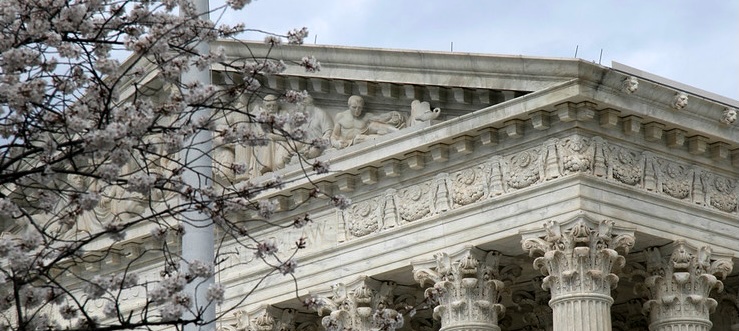Already a subscriber? Make sure to log into your account before viewing this content. You can access your account by hitting the “login” button on the top right corner. Still unable to see the content after signing in? Make sure your card on file is up-to-date.
The Supreme Court has upheld Tennessee’s law that bans gender-affirming care for minors.
Some shit you should know before you read: Back in 2023, Tennessee enacted a law that prohibited doctors from providing gender-affirming care (including puberty blockers and hormone therapy) to minors diagnosed with gender dysphoria. The law quickly became the focus of a legal challenge brought by transgender teenagers, who argued that the ban violated their constitutional rights under the Equal Protection Clause. The case initially succeeded in blocking enforcement of the law through lower court rulings, but those victories were overturned by the Sixth Circuit Court of Appeals, setting the stage for the case to reach the US Supreme Court.

What’s going on now: In a notable ruling, the Supreme Court ruled 6-3 that Tennessee’s ban on gender-affirming care for minors does not violate the Equal Protection Clause of the Fourteenth Amendment. Writing for the majority, Chief Justice John Roberts said that the Court’s role was not to resolve contentious scientific or policy debates but to determine whether the law treated individuals unfairly under the Constitution. The majority concluded that the law does not unlawfully discriminate because it prohibits a specific medical treatment (puberty blockers and hormone therapy) for all minors when used for gender dysphoria, not because of a person’s transgender status.
In a dissent, Justice Sotomayor wrote, “Male (but not female) adolescents can receive medicines that help them look like boys, and female (but not male) adolescents can receive medicines that help them look like girls. By retreating from meaningful judicial review exactly where it matters most, the Court abandons transgender children and their families to political whims. In sadness, I dissent.”
This comes after the plaintiffs (three transgender teens and their families) argued that Tennessee’s law unjustly singled out transgender minors by denying them access to treatments that are permitted for other medical conditions, such as precocious puberty or endometriosis. Represented by the ACLU, they argued that the law constituted discrimination based on sex and gender identity, and therefore should be subject to heightened scrutiny.
Medical experts cited by the challengers argued that these treatments are safe, effective, and necessary for trans youth. The Biden administration supported their case, claiming the law unconstitutionally restricted care based on who the patients were.







